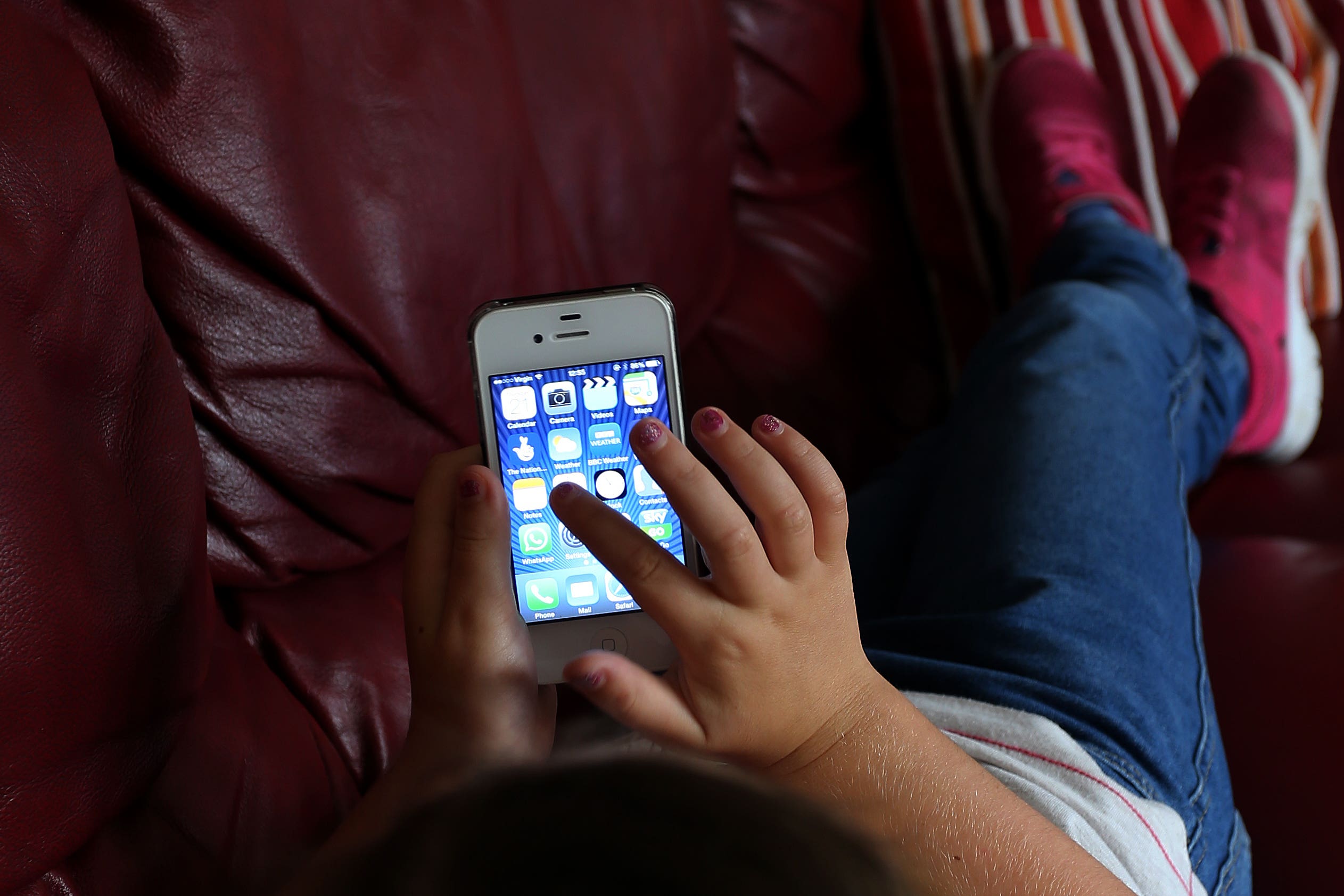Academy trust removing access to smartphones from pupils
The Ormiston Academies Trust is bringing in the rules at its 32 secondary schools in England.

Pupils at a chain of academy schools in England are to have access to smartphones removed.
The Ormiston Academies Trust is bringing in the rules during the school day due to the “overwhelming” relationship between their use and mental health, according to chief executive Tom Rees.
He told The Guardian the trust was “seeing huge and real concerns” about pupils’ mental health with a “clear correlation” between those issue and the use of phones and social media.
“Not all mobile phone use is equal and the relationship between that and adolescent mental health, we think, is overwhelming,” he said.
An increasing distraction is catastrophic for the process of learning, and that’s true both at school and at home.
“There is a responsibility for society to respond and a responsibility for schools to make it harder for children to access inappropriate content through the school day and restrict the draw of social media.”
New policies on phones will be introduced at eight of the trust’s 32 secondary schools this term, according to The Guardian, with the remaining academies following after liaising with parents.
The trust runs 42 establishments in England with 35,000 pupils. Access to phones is already ruled out at the trust’s primary, special needs and alternative provision schools.
Mr Rees said “a battle for focus and concentration” to help learning was one of the reasons behind the move with pupils thinking about any notifications on their phones.
“That is impacting young people’s ability to learn, to retain information, to concentrate, to focus,” he said. “An increasing distraction is catastrophic for the process of learning, and that’s true both at school and at home.”
On Tuesday, the Australian government promised to introduce legislation this year to enforce a minimum age for children to access social media.
Prime Minister Anthony Albanese said the government would soon trial age verification technology with a view to banning children from opening social media accounts. The line would be drawn between the ages of 14 and 16.
Technology Secretary Peter Kyle said he was “looking very closely at the Australian experience”.
In February, the Department for Education (DfE) issued guidance which said “we owe it to our children to do what we can to remove distractions and enable them to be fully present and engaged in the classroom”.
“We also owe it to our pupils to keep them safe at school,” then Education Secretary Gillian Keegan said, adding one in five pupils had experienced bullying online while one in three said phones are used in the majority of lessons without permission.
Bookmark popover
Removed from bookmarks